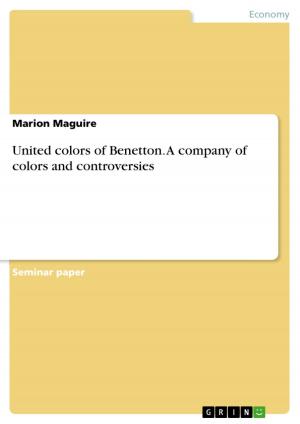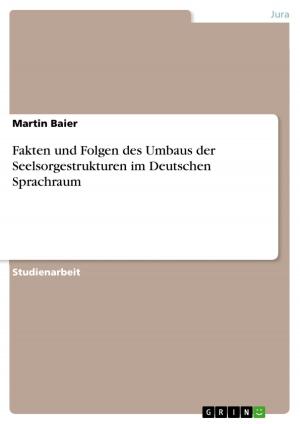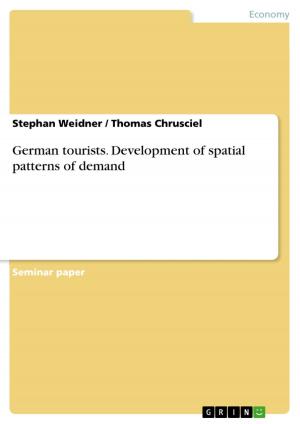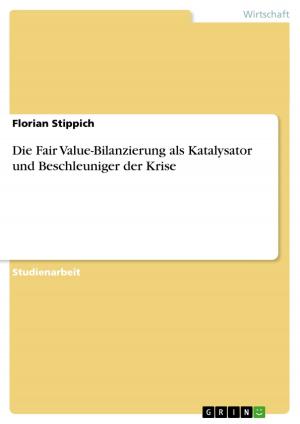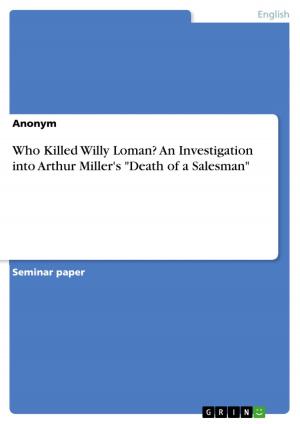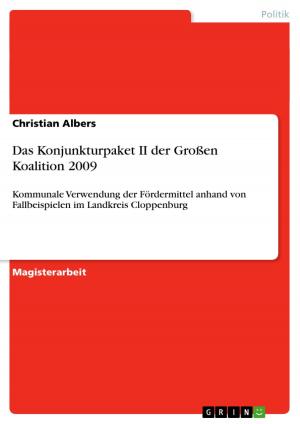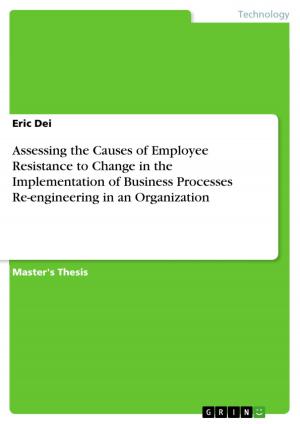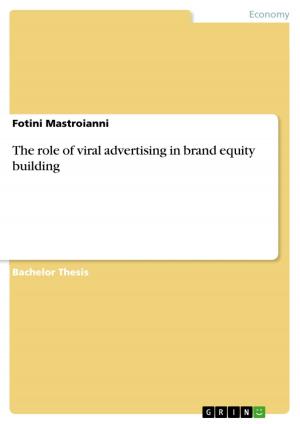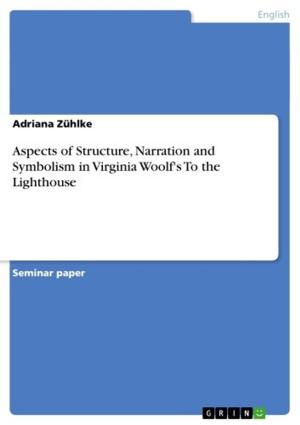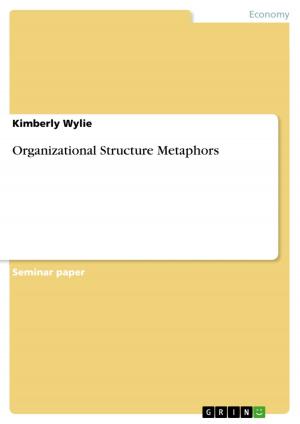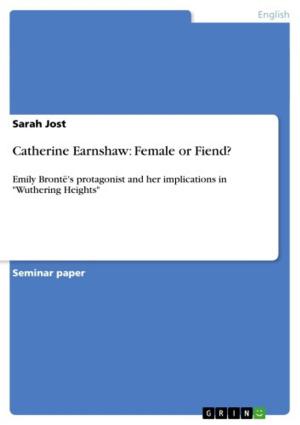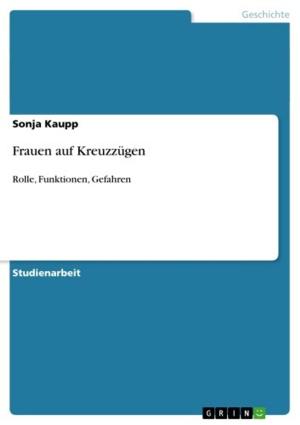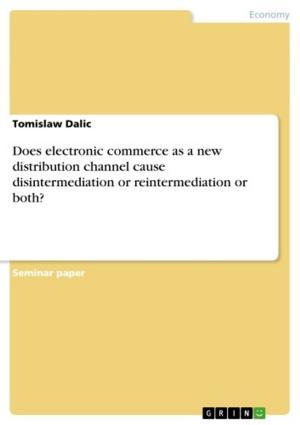Drama and early foreign language teaching
Nonfiction, Reference & Language, Study Aids, ESL, Foreign Languages| Author: | Alexandra Zuralski | ISBN: | 9783638070546 |
| Publisher: | GRIN Publishing | Publication: | June 30, 2008 |
| Imprint: | GRIN Publishing | Language: | English |
| Author: | Alexandra Zuralski |
| ISBN: | 9783638070546 |
| Publisher: | GRIN Publishing |
| Publication: | June 30, 2008 |
| Imprint: | GRIN Publishing |
| Language: | English |
Seminar paper from the year 2003 in the subject English - Pedagogy, Didactics, Literature Studies, grade: 1.0, University of Duisburg-Essen, 9 entries in the bibliography, language: English, abstract: In early foreign language teaching drama is a very useful method to promote language. According to my experience at primary schools, unfortunately drama activities are not that current in the language classroom. This is due to various reasons such as additional work for the teacher or insufficient practical experience in this area. I have to admit that even I myself had doubts about the efficiency of language learning with the help of drama activities. My fear was losing too much time with preparation, organisation and rehearsals, time that could be used more effectively otherwise in the language classroom. This explains my curiosity in how far the seminar Cross-curricular English through Drama and Multimedia would change my previous attitude or more precisely my slight objections towards drama activities. In fact, I changed my mind through the work on the performance of our course during that term. More details concerning the new perspective I adopted can be found in the last part of this extended essay. Mainly, I want to point out how drama can help in learning English at primary school level. In this context, the four major features focus on language, focus on context, focus on learner as well as focus on content are of importance. But first of all, I want to look into the theoretical aspects of drama by trying to define the term drama and to differentiate between its different types.
Seminar paper from the year 2003 in the subject English - Pedagogy, Didactics, Literature Studies, grade: 1.0, University of Duisburg-Essen, 9 entries in the bibliography, language: English, abstract: In early foreign language teaching drama is a very useful method to promote language. According to my experience at primary schools, unfortunately drama activities are not that current in the language classroom. This is due to various reasons such as additional work for the teacher or insufficient practical experience in this area. I have to admit that even I myself had doubts about the efficiency of language learning with the help of drama activities. My fear was losing too much time with preparation, organisation and rehearsals, time that could be used more effectively otherwise in the language classroom. This explains my curiosity in how far the seminar Cross-curricular English through Drama and Multimedia would change my previous attitude or more precisely my slight objections towards drama activities. In fact, I changed my mind through the work on the performance of our course during that term. More details concerning the new perspective I adopted can be found in the last part of this extended essay. Mainly, I want to point out how drama can help in learning English at primary school level. In this context, the four major features focus on language, focus on context, focus on learner as well as focus on content are of importance. But first of all, I want to look into the theoretical aspects of drama by trying to define the term drama and to differentiate between its different types.


